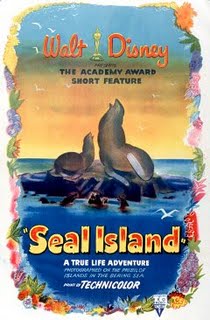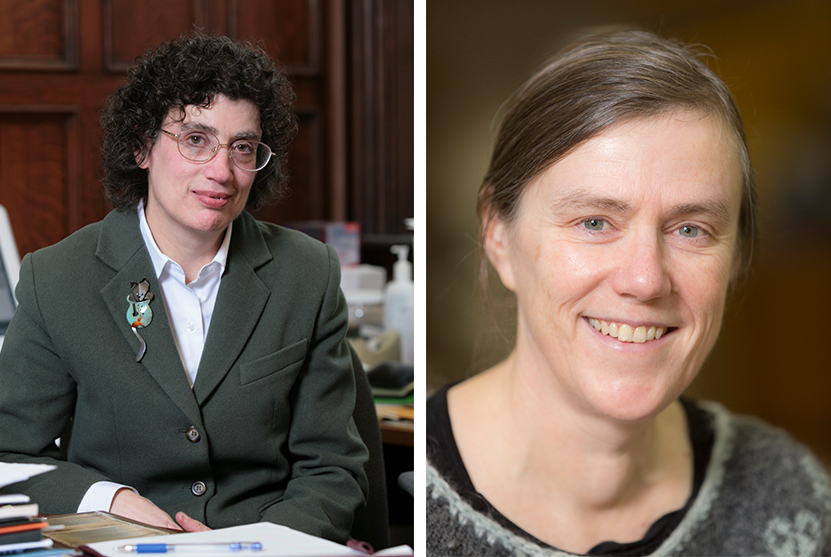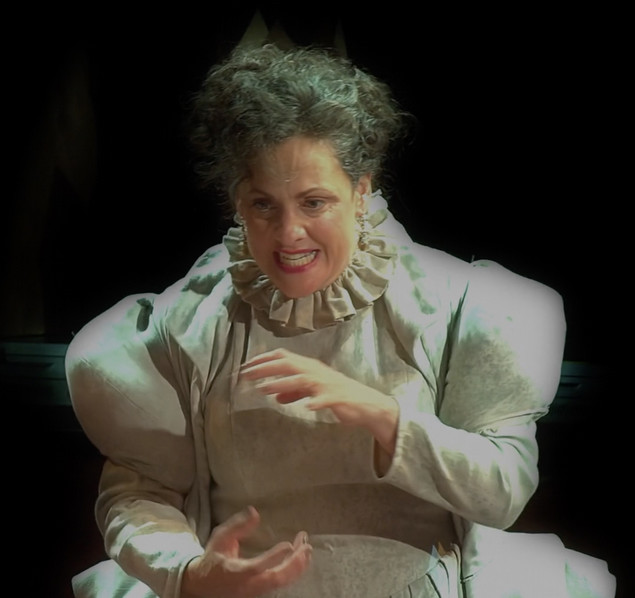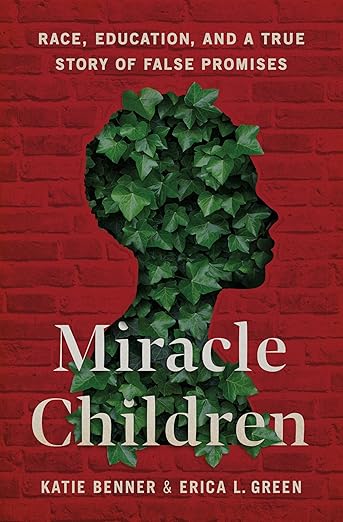Accusation of “Wokeness” Is Nothing New for Disney, Writes Bowdoin’s Dorn
By Tom PorterFlorida Governor Ron DeSantis is no fan of the Walt Disney Company, repeatedly accusing the entertainment giant of promoting “wokeness,” supporting a pro LGBT+ agenda by having openly gay characters in its movies, for example.

As education scholar Charles Dorn points out, however, in an article he recently wrote for Time Magazine, this is not Disney’s first “woke” moment. That came more than seventy-five years ago with the release of a ground-breaking nature documentary called Seal Island.
The Barry N. Wish Professor of Social Studies says the twenty-seven-minute film, made in 1948, “directly challenged how Americans thought about the environment. Although Disney had garnered an international reputation for animated feature-length films,” he continues, “Seal Island was a live-action nature documentary that dared to depict animals as deserving compassion and respect.”
At that time, he explains, films featuring wildlife tended to portray the animals as trophies to be exploited or hunted, or as threats to be eliminated. Starting with Seal Island, Disney went on to produce thirteen nature documentaries that “shattered that archetype. The films encouraged viewers to empathize with creatures in the natural world, establishing animals as protagonists in dramatic stories that portrayed them as smart, nurturing, and even heroic,” writes Dorn. It was a radical idea at the time, he says, but the films generated such enthusiasm that they completely changed public perceptions of nature in America. Read the article.



